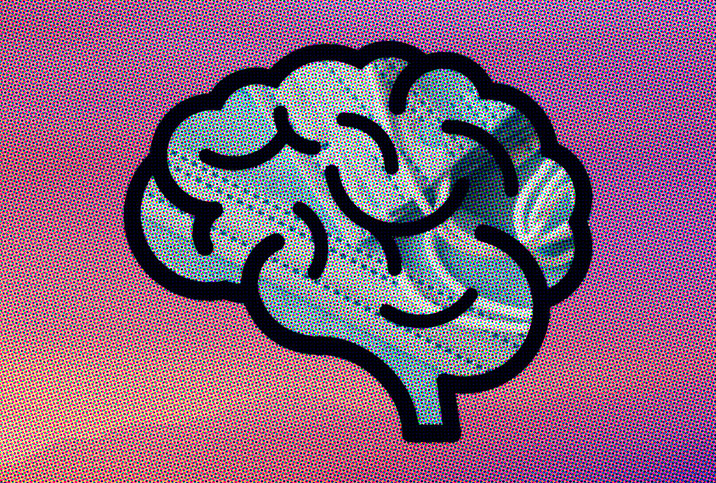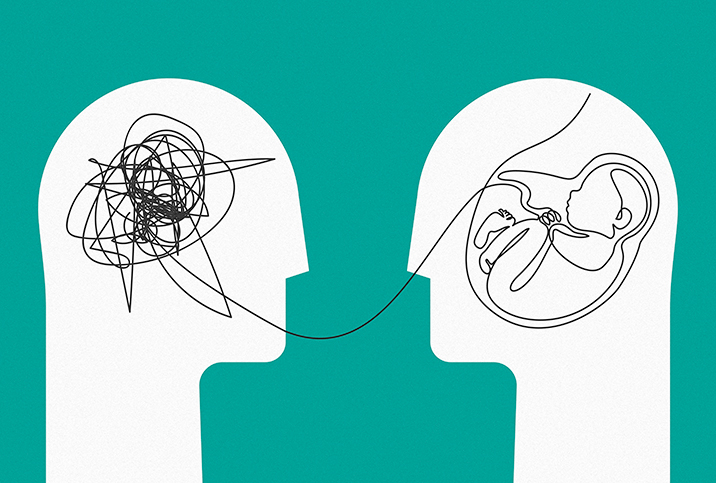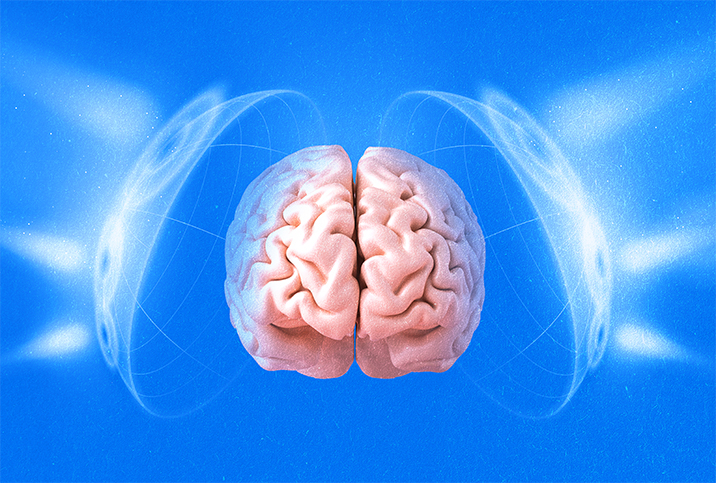Mental Health: Myths & Misconceptions

People with mental illness face many stigmas, some related to taking medication, some to talking to counselors and some to adapting to societal expectations. Mental health issues aren't treated as hush-hush affairs like they used to be—people are increasingly more open to discussing them, much to their benefit—but misinformation does persist, and it often prevents people from seeking treatment.
To help fight the stigma and open up the conversation, we gathered the information needed to debunk several of the most pervasive mental health myths.
Myth: People with mental health issues are weak.
Reality: Fighting mental health issues takes strength.
In addition to battling all of the stigmas and misunderstandings about mental health, you still have to get out of bed every morning and function while your brain works equally hard at sabotaging you. The worst part is that many people think you can simply change your mindset to be healthy. People who struggle with mental health often feel alone and think they're fighting a losing battle. It takes strength to overcome your symptoms and continue to seek treatment.
Myth: Mental health issues can't be cured.
Reality: Mental health issues can be managed.
Unfortunately, there is some truth to this myth. With certain conditions, no matter how much counseling you get or medication you take, you will always have a mental health disorder. Other conditions, however, result from life events, stress or lifestyle imbalances, situations that can be addressed to successfully resolve your symptoms.
Often, a chemical imbalance is responsible for the symptoms of mental health issues. With the right chemical interventions and regular counseling to monitor your symptoms, mental health can be managed. It can take some time to find the right treatment plan, but once you do, it's possible to live the life you want without feeling controlled by your mental health. In fact, some medications may be indicated to be used for a period of several months and safely discontinued if symptoms are well controlled.
Myth: Panic attacks are no big deal (because they're all in my mind).
Reality: Panic attacks can be a big deal indeed. They can completely take over your body and cause nausea, sweating, shaking and heart palpitations. Fortunately, most panic attacks are temporary, and while the attack itself probably won't be fatal, it can lead to serious consequences if it strikes at the wrong time: while driving, for instance.
These attacks happen because your brain is in a heightened fight-or-flight state, and adrenaline in your system causes the physical symptoms. On the upside, once you realize that you are suffering from a panic disorder, many treatments are available to help control panic attacks, treat the causes and prevent new attacks.
Myth: I don't need therapy to treat mental health issues.
Reality: A counselor or therapist can monitor your mental health symptoms through therapy.
While many mental illnesses can be treated with medication, therapy can be an invaluable resource to anyone struggling with mental health issues. Having someone to talk to is not a luxury everyone possesses, and regardless of how great your best friend is, there is no substitute for receiving the advice and perspective of a licensed counselor who understands your struggles and can help you feel heard.
Having a truly unbiased opinion on all of your issues can also provide important insight into your behavior that brings clarity to your daily interactions. Most important, counselors understand your personality and can monitor changes in your symptoms to ensure your treatment stays on track. Counselors use sophisticated techniques such as cognitive behavioral therapy and mindfulness to keep depression and anxiety under control.
Myth: Mental illness kills my sex life.
Reality: A balanced mind rebalances your life.
This is another myth that has truth at its core but has been blown out of proportion. From personal experience with anxiety, I know that mental health can be all-consuming, but sex can still be a part of your life. You may find yourself feeling split in two—one part of your brain is focused on sex while the other part is worried about that thing you said in second grade—but once you realize this is happening, you can focus some of that energy into finding help. As discussed previously, medication can help, but if intrusive thoughts impact your daily existence, then you should also find a therapist who can help you find your way out of the weeds, and your sex life will improve.
The many myths and misconceptions about mental health come from societal misconceptions about how the human mind functions. Like any illness, if left untreated, mental illness can completely take over your life. Fortunately, now that you know the truth, you understand that relief can be achieved with the right treatment.


















